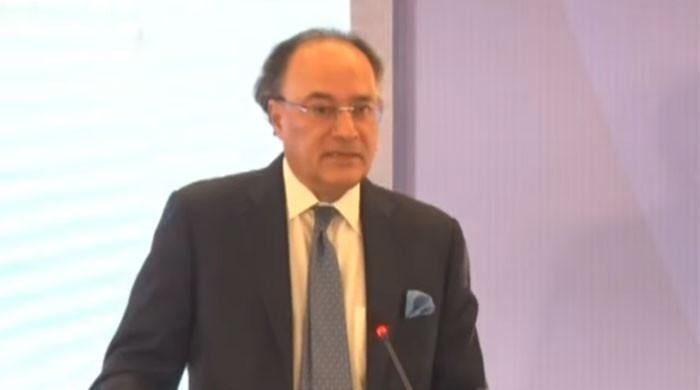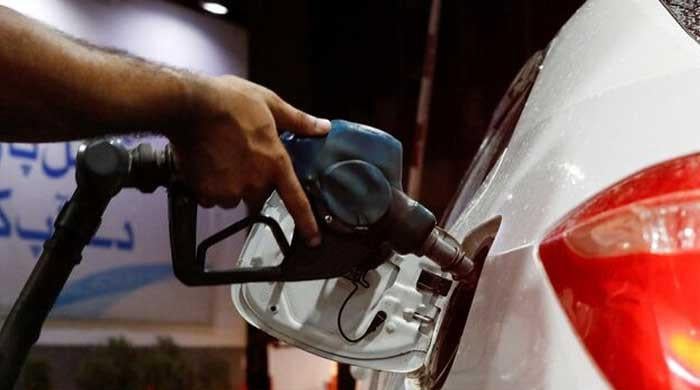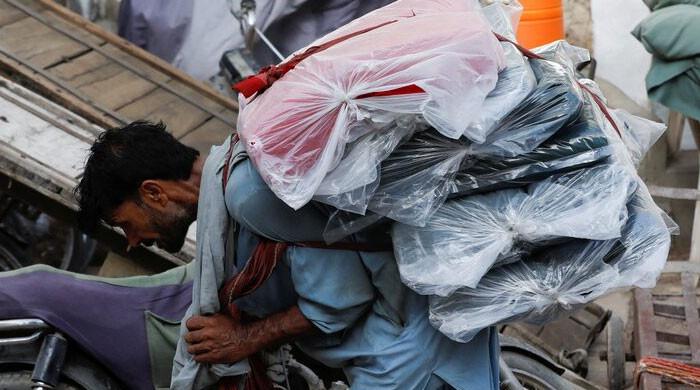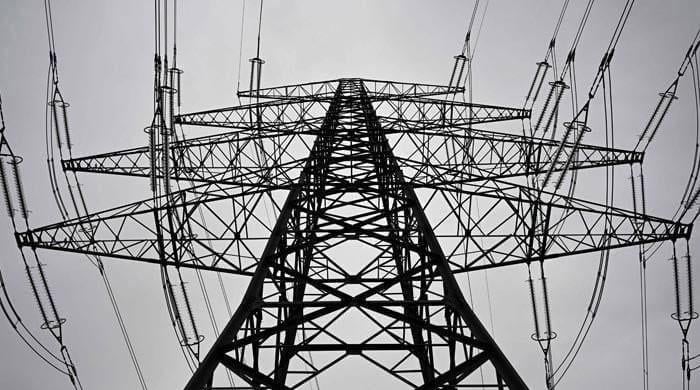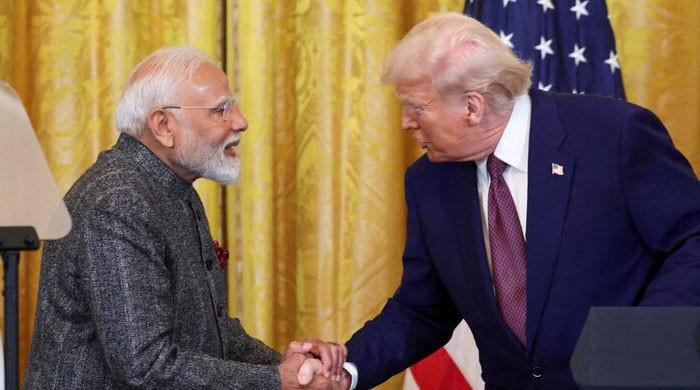Ultimate shopping hack you NEVER saw coming: new study reveals unique finding
Americans have swiftly adopted cashless payments during the pandemic - a trend that is bound to increase
August 09, 2023

In a rapidly advancing cashless society, where cashless transactions have become the norm, a new study from Stanford Graduate School of Business highlights the unexpected advantages of sticking with traditional cash payments.
The research, led by Associate Professor Szu-chi Huang, explores the psychology behind spending habits in a world dominated by digital and contactless methods.
Americans have swiftly adopted cashless payments during the pandemic, a trend expected to continue, according to a recent PwC report. However, Huang's study suggests that the preference for cash extends beyond mere convenience.
When faced with guilt-inducing purchases or a desire to conceal expenses, consumers instinctively turn to cash. This behaviour is attributed to the ability of cash to help individuals "forget" transactions, contrasting with credit card payments that leave a distinct "paper/electronic trail."
In a revealing finding, it appears that the impulse to engage in financial secrecy remains prevalent in a cashless economy. A separate report from Bankrate.com confirms that using cash offers a level of anonymity that digital methods lack. This resonates with the one-third of Americans who admit to some form of financial infidelity, often entailing hidden expenditures or undisclosed accounts.
For those aiming to manage their budgets effectively, the study underscores the value of cash payments. Despite the allure of rewards and safeguards provided by credit cards, the practice of allocating cash into envelopes earmarked for specific expenses helps individuals maintain financial discipline. By relying on this technique, they can avoid falling into credit card debt in an increasingly cashless society.




